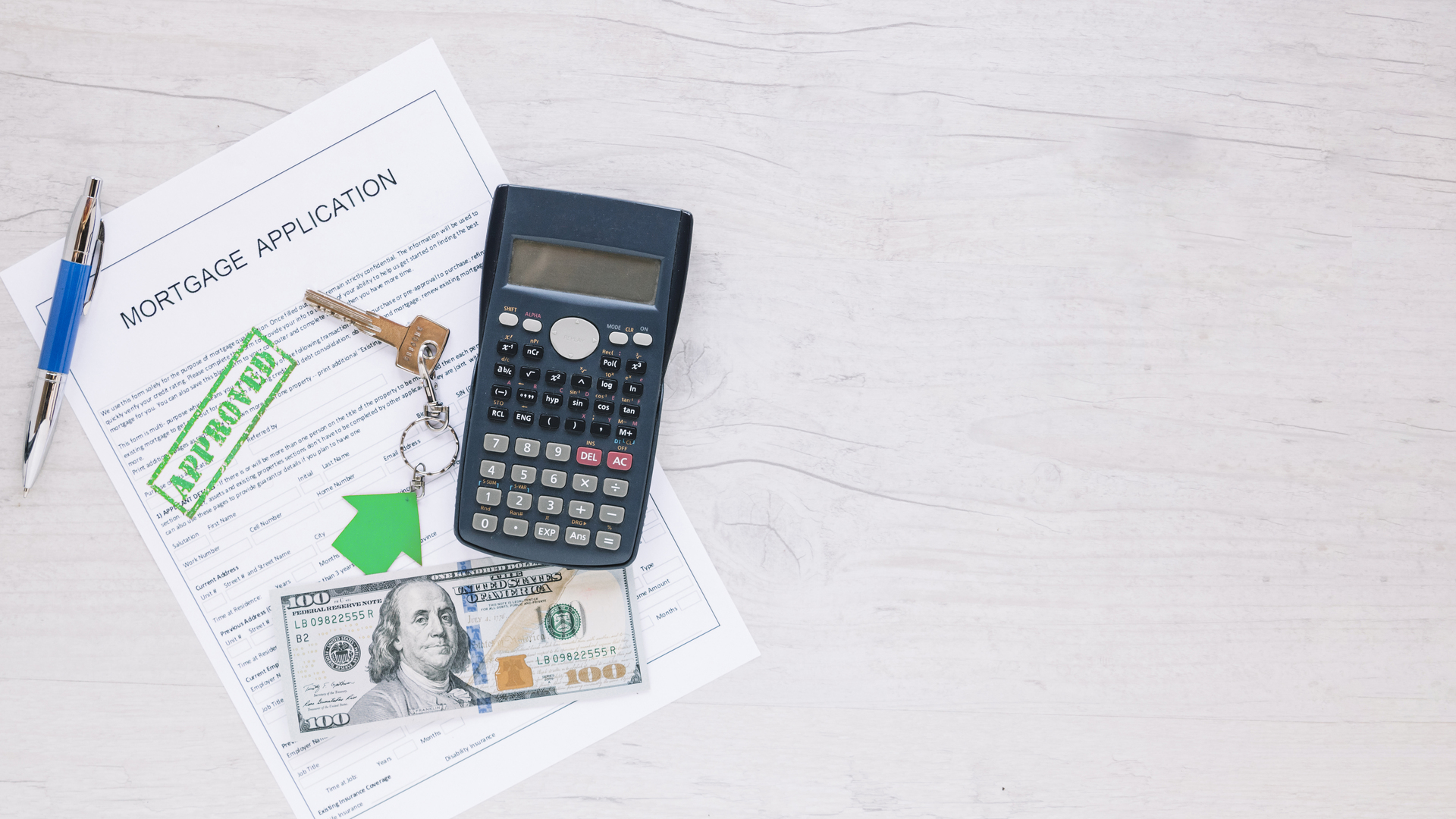Buying a home is a big milestone — and for many LGBTQ buyers, it’s about more than securing property. It’s about creating a safe, affirming space where you can live authentically. Yet, the path to homeownership can feel overwhelming if you’re unprepared for the paperwork required during the mortgage process.
The good news? By having the right documents ready to go, you can streamline the process, avoid unnecessary delays, and step confidently into your new home. This guide breaks down the must-have documents LGBTQ buyers should gather to ensure a smooth and stress-free mortgage journey.
1. Personal Identification
Lenders need to verify your identity before moving forward. You’ll need:
- A valid government-issued photo ID (driver’s license, passport, or state ID)
- Social Security card or official proof of Social Security number
Tip for LGBTQ buyers: If you’ve had a legal name or gender marker change, ensure your documents are consistent. If discrepancies exist, be prepared to provide legal paperwork such as a court order or marriage certificate to prevent delays.
2. Proof of Income
Your ability to repay the mortgage is one of the most important factors lenders evaluate. Required documents often include:
- Recent pay stubs (usually the past 30 days)
- W-2 forms from the last two years
- Federal tax returns (especially for self-employed buyers, typically covering two years)
- Documentation of additional income (such as bonuses, freelance earnings, rental income, or side businesses)
3. Employment Verification
Most lenders will contact your employer directly to verify your job status and income, but you may also need:
- An employment verification letter
- Contact details for your HR or payroll department
For LGBTQ buyers concerned about workplace discrimination, it’s worth remembering that under federal law, lenders are prohibited from making credit decisions based on sexual orientation or gender identity.
4. Asset & Bank Statements
Lenders want to see that you have funds for your down payment, closing costs, and reserves. Commonly requested documents include:
- Bank statements from the past 2–3 months
- Retirement account or investment statements
- Gift letters if a family member or friend is contributing funds
5. Credit History
Your credit score and report will heavily influence your loan options. Expect to provide:
- Authorization for your lender to pull your credit report
- Explanations for any blemishes, such as late payments, collections, or unusual activity
Tip: Reviewing your credit report before applying can give you a chance to correct errors and improve your score.
6. Property Details (Once Under Contract)
When you’ve found your dream home and made an offer, you’ll need:
- A signed purchase agreement
- Property listing details
- Proof of homeowner’s insurance
7. Additional Legal Documents (If Applicable)
Depending on your circumstances, LGBTQ buyers may need to provide additional paperwork, such as:
- Marriage certificate (for joint applications)
- Domestic partnership agreements
- Legal name change documents
- Divorce or separation agreements if applicable
Homeownership is an empowering step, and with the right preparation, LGBTQ buyers can make the mortgage process much smoother. Having these documents ready not only saves time but also ensures you present yourself as a well-prepared, confident buyer.
For more resources, guidance, and access to LGBTQ-friendly real estate professionals, visit GayRealEstate.com — a trusted source for connecting LGBTQ homebuyers with agents who understand their unique needs.



